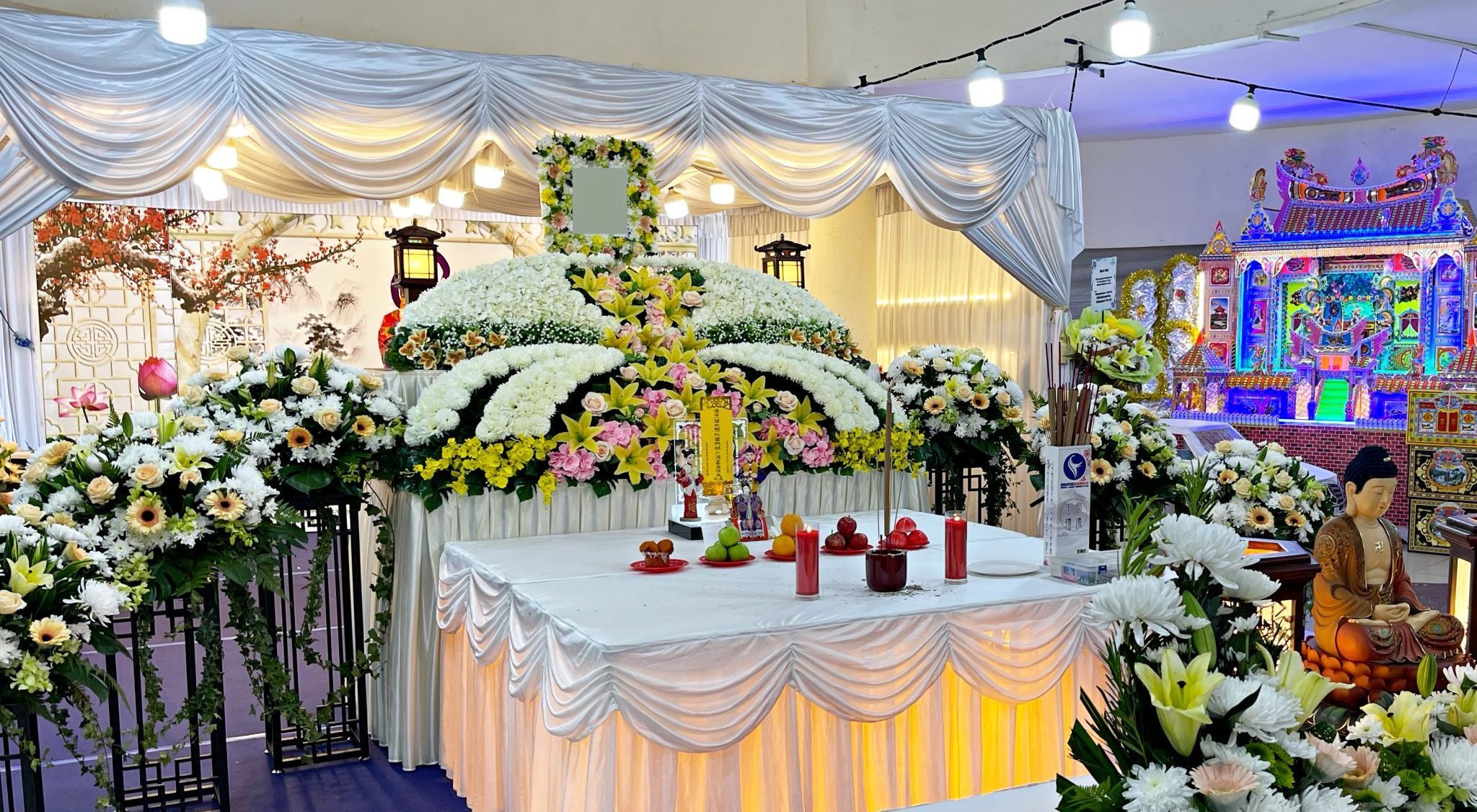Understanding the Buddhist Funeral Service: Traditions, Practices, and Significance
Losing a loved one is one of the most profound experiences in life, and every culture has its own way of honoring those who have passed. Among the most meaningful and spiritual ways to commemorate a life is through a Buddhist Funeral Service Deeply rooted in centuries-old traditions and religious beliefs, a Buddhist funeral is not just about saying goodbye—it’s about guiding the departed soul toward a peaceful transition and honoring the cycle of life and rebirth.
The Philosophical Foundations of Buddhist Funerals
Buddhism is a religion centered around the concepts of karma, rebirth, and enlightenment. These beliefs play a central role in the way death is perceived and handled within the Buddhist community. Rather than viewing death as an end, it is seen as a continuation of the cycle of samsara—birth, death, and rebirth. The ultimate goal is to achieve Nirvana, a state free from suffering and the cycle of reincarnation.
A Buddhist Funeral Service is therefore conducted with the intention of creating a peaceful and spiritually uplifting environment. This helps the departed soul attain a favorable rebirth or, for those close to enlightenment, potentially even reach Nirvana.
Key Elements of a Buddhist Funeral
Though practices can vary based on sect and country—such as Theravāda, Mahāyāna, or Vajrayāna traditions—certain elements are commonly observed in Buddhist funerals.
1. Preparation of the Body
Before the funeral, the body is cleaned and dressed in simple, modest clothing. It is often placed in a casket with the head facing west, symbolizing the direction of the Pure Land in Mahāyāna Buddhism. Monks or spiritual leaders may be invited to chant over the body to guide the soul and accumulate positive karma.
2. Chanting and Sutra Recitations
One of the most essential components of a Buddhist Funeral Service is the chanting of sutras. These sacred texts are recited to bring peace to the deceased, calm the minds of the mourners, and assist the soul on its journey. Popular chants may include the Heart Sutra, Amitabha Sutra, or the name of the Buddha repeated continuously, depending on the tradition.
3. Offerings and Rituals
Offerings such as flowers, incense, candles, fruits, and sometimes vegetarian meals are placed near the casket or altar. These are acts of merit-making, which can benefit the deceased in their next life. The rituals can include bowing, prostrating before the altar, and moments of silent meditation.
4. Eulogies and Reflections
While not traditionally a part of ancient Buddhist funerals, many modern services now incorporate eulogies and personal reflections. Family members and friends may share stories or messages of remembrance, blending cultural customs with Buddhist traditions.
Duration and Observances After the Funeral
The timing and duration of Buddhist funeral observances vary. In some traditions, rituals may be held on the third, seventh, 49th, or 100th day after death. These dates are believed to mark important transitions for the soul as it progresses toward rebirth. Families may continue to make merit—through acts of charity, prayer, and offering food to monks—to benefit the deceased.
A Buddhist Funeral Service is typically followed by a cremation, as this is believed to help release the soul. Ashes may be kept at home, buried, or placed in a columbarium. Some families may hold annual memorials to continue honoring their loved ones.
Cultural Variations Across the Globe
While the foundational beliefs remain consistent, the expression of a Buddhist funeral can look different across countries and cultures:
-
In Thailand, monks play a central role, and the ceremonies are often elaborate with several days of chanting.
-
In Japan, most people follow the Pure Land tradition, and the family gives the deceased a posthumous Buddhist name.
-
In Tibet, sky burials may be practiced, where the body is offered to vultures in a sacred ritual.
-
In Sri Lanka, Theravāda Buddhism emphasizes simplicity, with ceremonies often held at home or at temples.
These cultural variations highlight the flexibility of Buddhist funeral practices while maintaining their spiritual core.
The Role of Monks and Temples
Monks are integral to the Buddhist funeral process. Their presence symbolizes a connection to the Dharma and spiritual guidance for both the deceased and their family. Monks often perform rituals, lead chants, and offer sermons or talks that provide comfort and insight into the nature of life and death.
Temples also serve as venues for funeral services and memorial rituals. They offer a sacred space for mourning, meditation, and making offerings. Many families choose to hold the Buddhist Funeral Service at a local temple to ensure the appropriate religious atmosphere and support from the monastic community.
Modern Buddhist Funerals and Personalization
Today, Buddhist funeral services can be customized to reflect both traditional values and modern preferences. Families may incorporate multimedia presentations, music, or cultural attire while still observing core rituals. Professional funeral service providers often help navigate these needs, ensuring both spiritual integrity and personalized expression.
Some providers specialize in Buddhist funerals, offering complete packages that include coordination with temples, preparation of offerings, caskets, cremation arrangements, and assistance with ceremonial rituals. These services make the process smoother for grieving families and ensure that all practices align with Buddhist principles.
Why Choose a Buddhist Funeral Service?
Opting for a Buddhist funeral is not just a religious choice—it’s a deeply meaningful way to honor life and the soul’s journey. It provides a space for reflection, closure, and spiritual merit-making. The calm, meditative nature of the service often brings peace to the bereaved and ensures that the deceased is guided gently into the next stage of existence.
For families with Buddhist roots or those who resonate with the teachings of compassion, impermanence, and mindfulness, a Buddhist Funeral Service offers a ceremony that is both sacred and serene. It serves as a powerful reminder of life’s transitory nature and the enduring impact of love, virtue, and right action.
Conclusion
A Buddhist Funeral Service is a spiritual, respectful, and meaningful way to commemorate the life of a loved one. Rooted in ancient teachings and adaptable to modern contexts, these services honor both the deceased and the grieving. With its focus on peace, karma, and the journey of the soul, a Buddhist funeral offers solace and continuity in the face of loss.
Whether you are planning ahead or navigating a recent loss, understanding the traditions and significance of Buddhist funeral rites can offer clarity, comfort, and purpose during a difficult time.


